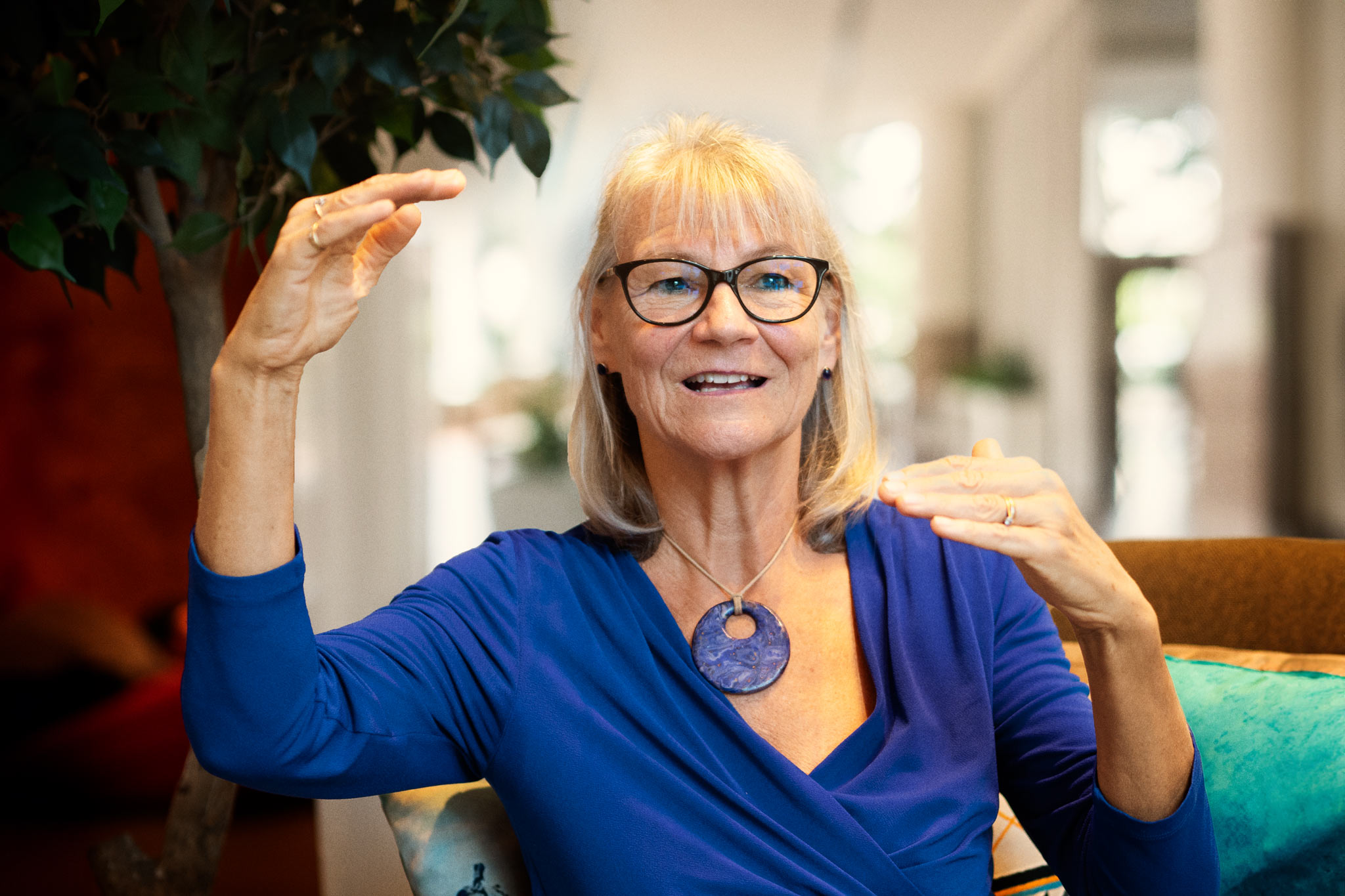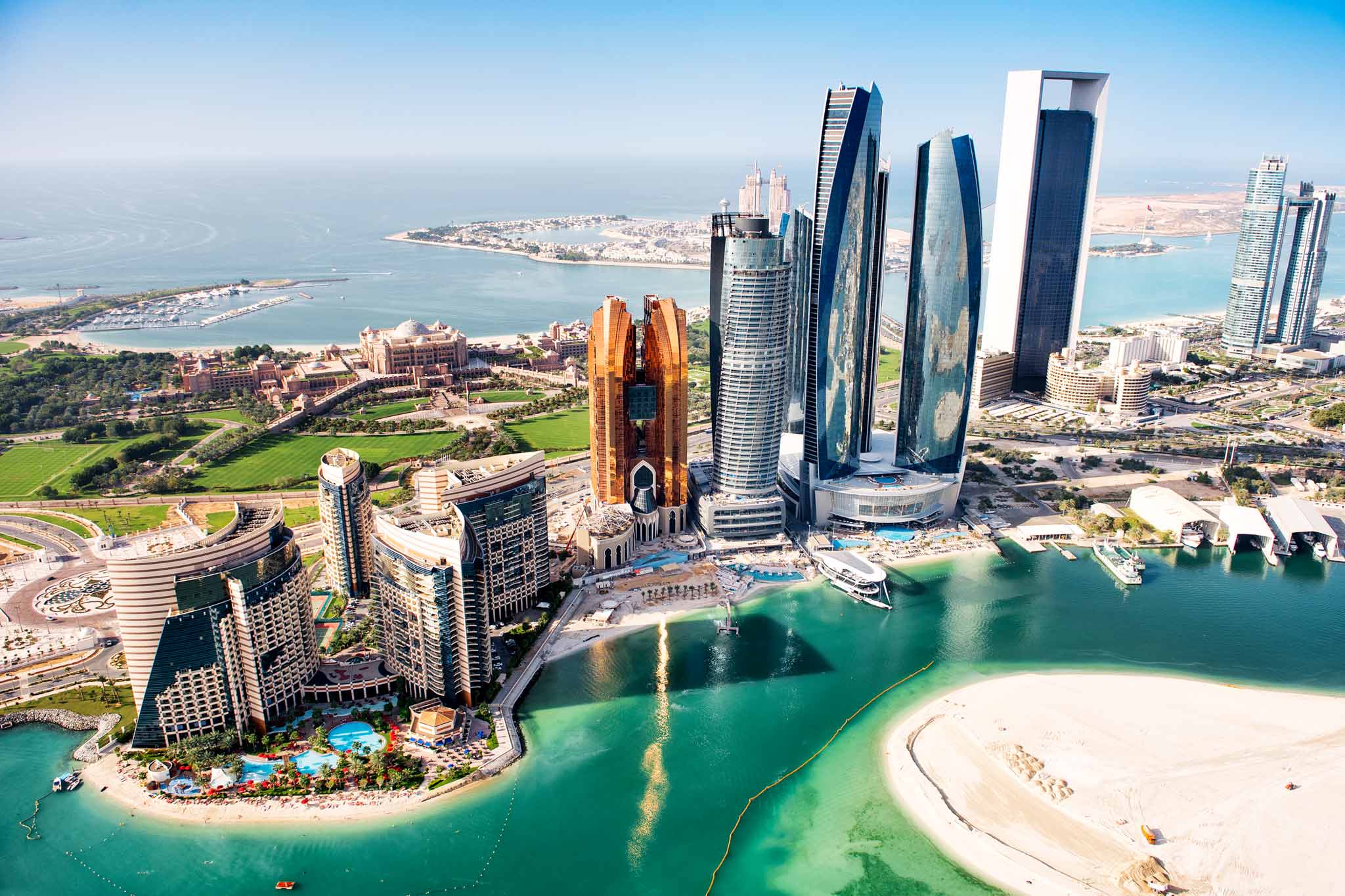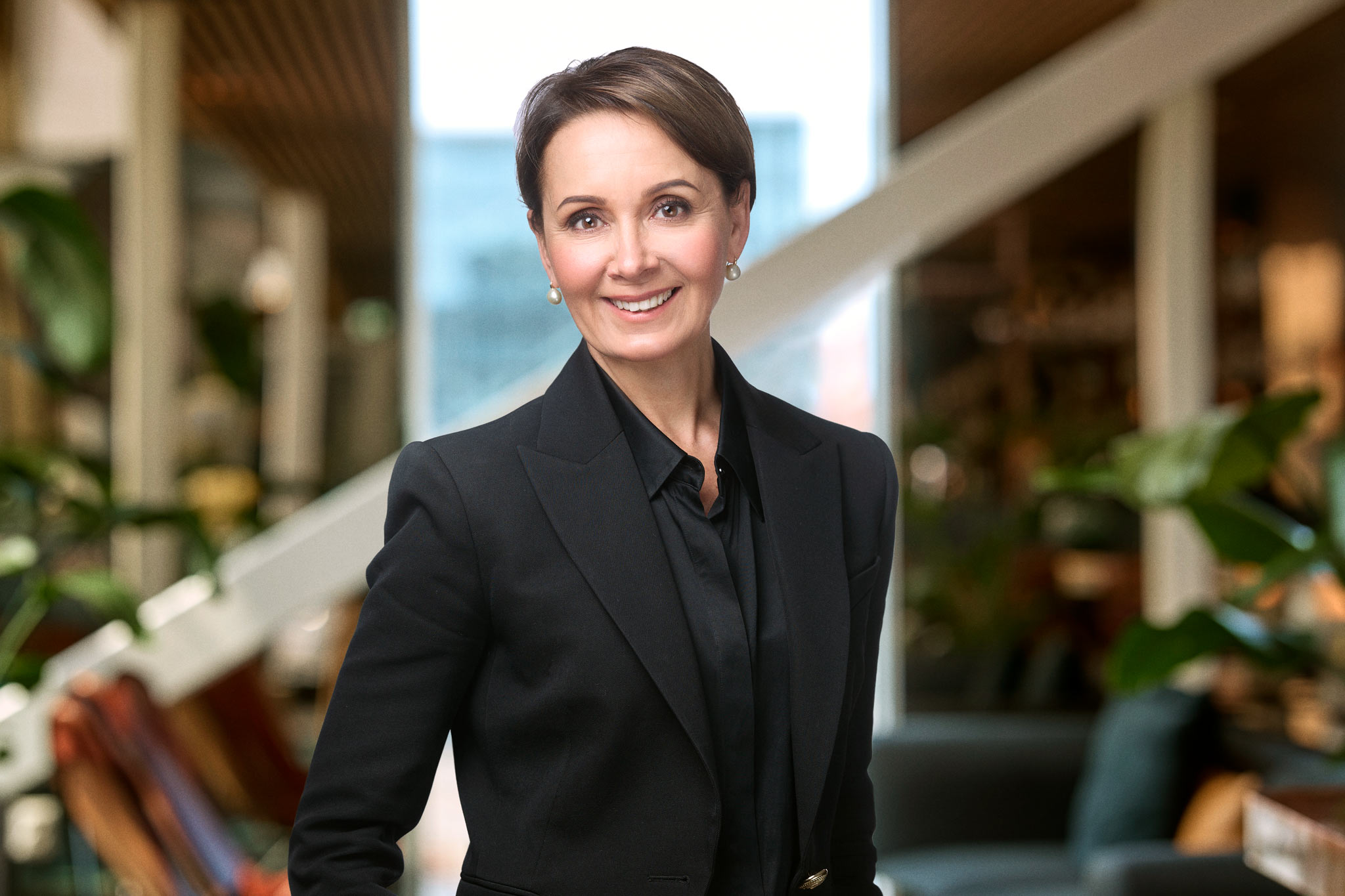When the Dubai Association Centre opened in 2014, it opened the door to the entire region to associations worldwide. MCI, a leading global engagement marketing agency specialising in associations and business events and a strategic partner of the DAC, shared the original concept of an “association hub” with Dubai’s authorities.
“We opened the MCI office in Dubai back in 2007. At that time, the world of associations was not very well understood in the Middle East. There were business groups, but they didn’t have a legal structure for associations. We started our work simultaneously in Dubai and Abu Dhabi with a white paper, benchmarking global association hubs to outline the opportunity,” says Nikki Walker, Global Vice President of Associations and Communities.
It was followed by a business plan in which MCI proposed setting up a centre for associations and creating a licencing process in Dubai so associations could register and operate legally in the emirate.
“This, as we saw it, would be a good way to attract more international associations to the region beyond just bringing their congresses to Dubai. At that time, Dubai focused mainly on meetings. They wanted to bring congresses here but were not focused on the organisations behind the congresses.
“Our business plan presented the concept to the Dubai Chamber of Commerce, the Department of Economy and Tourism and the World Trade Centre, who became the three founding partners of the Dubai Association Centre. The initial steps to explore the legislation and licensing procedures started in late 2011. I relocated from MCI’s global Association HQ hub in Brussels to help move the concept forward and spearhead our role as strategic partners to the DAC.”
Meanwhile, MCI’s association management business was thriving in Dubai. They brought their business model from Brussels to help global associations understand, penetrate and grow across the region by providing local knowledge, insights and expertise. The flexible outsourcing model offers associations the requisite staff capabilities and know-how, the local infrastructure, and all the operational components to grow their organisation. MCI has partnered with and continues to partner with many international associations, particularly US-based organisations, to build their market across the Middle East.
The Dubai Association Centre was officially launched ten years ago to help raise the professionalisation of association life in the region, similar to how associations have developed in Europe and the US. Today, some 100 associations are licensed under the DAC, a mix of local, international, US-based, and European associations from energy, medicine, and law to hospitality, retail, and manufacturing. The DAC registration and licence provide associations with shared office space and a work visa; they must hire and manage the staff.
According to Nikki Walker, associations often hire a single person who is either a generalist, a specialist in the industry, a salesperson, or a meeting planner and then try to get that person to do everything. The association can also choose to work with MCI as a strategic partner of the DAC, wherein MCI provides all the staff and expertise and deals with HR issues and staff training.
“Of course, working for so many associations gives us reference points. We have our own best practices. We know what works and what doesn’t. But one of the most important things about taking an international organisation to a region like the Middle East and operating from Dubai is realising that it’s not a copy-paste model.
“The Sheikh is like a CEO. He runs Dubai like a business. He is a visionary leader who makes things happen”
“Just because something works in the US or Europe doesn’t mean you can take it to this region, Asia-Pacific or Latin America and copy the same pricing structure or the same certifications. It has to be relevant to the local region, and the marketing has to be meaningful to the audience that you are targeting.”
One of the significant areas where MCI helps organisations is how to approach this market, build relationships with universities and partners, find training partners, and help them establish their certification programmes. The region has a massive demand for professional development, certifications, standards, and knowledge from US or European associations.
For example, MCI partnered with the Project Management Institute, PMI, for over twenty years worldwide, starting in Brussels, then Singapore, Dubai, and Latin America. Their Project Management Professional, PMP, certification is now recognised by the government in Dubai, so when there are government tenders, a PMP is required to manage the process. It is ideal for any certification, whether employer- or government-driven.
It becomes a requirement for someone to have a qualified, certified professional employee to run their business. Much of MCI’s work is with individual member associations focusing on the individual and the profession. For example, a marketer who wants to improve their career, knowledge and understanding becomes a member of a European or US marketing association. Then, MCI helps these associations understand what they must do in different markets to adapt their marketing and communications, such as pricing different products and using the World Bank purchasing power parity.
Nikki Walker says some organisations may be reluctant, but most understand that purchasing parity differs worldwide. Once you explain it and its logic, the organisations understand its connection. In the Middle East, many local associations are also very small and run voluntarily. They started with the idea of a conference and only a little else. Therefore, MCI often connects international associations with local associations to strengthen a local conference by bringing some of the global programming content and speakers.
When asked what she sees as the most significant challenges right now, Nikki Walker believes that associations pretty much everywhere in the world and of all sizes are challenged when it comes to revenue generation because the pandemic took away a lot of the bread-and-butter revenue that came from meetings so associations have had to reinvent a little bit their model. Additionally, MCI has found, particularly in healthcare, that the pharmaceutical companies, who previously relied on physical, face-to-face association meetings to meet their doctors in a “social and learning environment”, started working more directly with doctors and holding virtual meetings.
“In MCI, we manage this on behalf of pharmaceutical companies. They need to invest in association support, sponsorship, and partnerships with associations at the same level of financial budgeting as in 2019 and before. They are more selective. So, it means there is competition. If there is a limited pharmaceutical pot of money and three associations are trying to get it, then all three feel the new conditions.
“Revenue and product diversification are important, as well as finding long-term corporate partnerships rather than just a transactional relationship that might be three days of an event. Associations need to engage in dialogue, not just what we, the association, can do for your company, the sponsor, in those three days, but what can we do for the other 362 days of the year.”
“One of the most important things about taking an international organisation to a region like the Middle East and operating from Dubai is realising that it’s not a copy-paste model”
Nikki Walker also points to issues like mergers between associations, which she sees as much more complicated than they are in companies. You have two lots of volunteer leaders. If you have paid staff, that’s one thing, but that’s not always the case in associations. Who will keep the position of executive director? There are also two sets of boards, two sets of committees, and that whole infrastructure. So, mergers are very complicated.
“It is more common that associations bring their combined expertise to organise a joint event. We don’t see such a trend right now because everyone is trying to stick to their territory to have their revenue stream. It is important to reinvent the meeting to become more of an experience that motivates people. If travel is involved, participants must justify the money, time, inconvenience, sustainability, carbon neutrality, and the whole reflection on whether they should travel. All these points are much more considered by the delegates today. The organiser, the association, really has to reflect; if you travel all this way to come to our meeting, how will we make our particular meeting so special that it’s worth your effort?”
What is Nikki Walker’s vision for developing this region in the next five or ten years from an MCI perspective?
“The region is a growth region. Within MCI, we include India, the Middle East and Africa in this region. That’s how we internally at MCI are structured. We have North and South America, Europe, India, the Middle East, Africa, and Asia Pacific. Why do we do that? Because there is an incredibly strong connection between the Indian continent, India, Pakistan, Bangladesh and the Gulf countries. We see how the UAE has grown rapidly. They bring the brains, certifications, and standards from the West and the labour from the East, and it’s a very good combination.”
From the point of view of industry organisations, continues Nikki Walker, a large part of the market in this region for training and certifications is also in India and Pakistan, where people build their credentials and then secure work in places like Qatar, Bahrain, and the UAE. Of course, they earn more money and then raise standards at home. It is a very fast-growing region. However, from MCI’s point of view, it will be smaller than the association market in North America.
“I’ve been here since 2011, and it’s also fascinating to see the transformation that’s going on in Saudi Arabia, how it’s happening and how they’re opening up to international standards and ways of working. The region will continue to grow. I think the West is often a bit nervous because they tend to see the region as unstable, but frankly, in the last few years, it’s felt like one of the most stable places. I mean the UAE, in particular. Okay, it’s a small country. We’re talking about ten million people, four million here in Dubai.
“But when people have asked me over the years, what is Dubai like? It’s like living and working in a company. The Sheikh is like a CEO. He runs Dubai like a business. He is a visionary leader who makes things happen. Decisions are made, money is invested, and things happen. It is safe and secure, and we are taken care of. Working in an environment where people understand the rules is straightforward, instead of an environment where we keep challenging the rules. I have never felt that the region is not a safe place or is not a stable place. And especially here, it’s a melting pot of nationalities. It’s fascinating. You are exposed to all the cultures of the world.”



